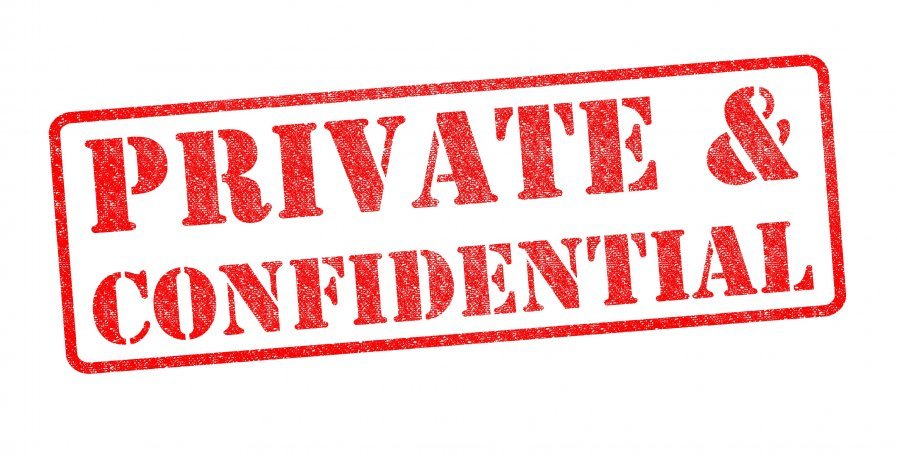Keeping A Business Sale Confidential

By Richard Parker | Diomo Corporation | Visit Website | About Author
It is very common and certainly understandable, that sellers are worried about not having the world know their business is for sale. A leak can lead to problems with customers, vendors, landlords, and of course amongst employees who will naturally fear for their job.
While it is ideal if the sale can be kept under wraps, it is not always possible. Certainly, the longer the business is on the market the more difficult it becomes. More buyers come to see it, employees can get suspicious, a seller may accidentally disclose something, and competitors may get a hint of something.
There are legal documents that will assist you in this endeavor – non disclosures, confidentiality agreements, however, if someone has a big mouth, it will take a lot of time and money to demonstrate they have breached the agreement.
A seller needs to be prepared for a situation when someone surprises them and asks “I heard your business is for sale”. The standard answer is simple: “My business, like every other business is always for sale. If someone brings me a truckload of money, I’m selling and going to the beach”.
This reply will always defuse the situation.
Additionally, do not be afraid of using the old legal strategy of deny, deny, deny. While you may not be comfortable with it, you have to decide whether or not a small twist on the truth is easier than having to deal with a barrage of questions and the potential negative impact it could have on the business.
Above all, you must remember that the business may never sell and you do not want to have to deal with all of the potential fallout if it never materializes. It is like trying to get toothpaste back into the tube.
Another important issue is the dissemination of information. A business sale will require you to provide prospective buyers with highly confidential information. Although NDAs will protect you, depending upon the nature of the business, you may want to make the information available to them on a “drip” basis. This is where you slowly provide information as the buyer continues to move down the path. For example, customer information, or trade secrets, might only be disclosed once they have satisfied the financial due diligence or other milestones.
Whenever I have sold a business, once I have qualified the buyer prospect, I have always given them the information the need. My reasoning was to quickly get them down the road to a deal or get the deal “dead”. I just do not like wasting time, but every seller and situation is different.
Regarding employees, it is understandable for them to worry about their jobs. However, their employment is generally safer under a new owner who desperately needs them, at least initially. If you do not want word getting out, do not tell a single employee. If and when a sale happens, you will need to disclose the news to them and it is important that you temper the news with the reasons why you could not tell them sooner as it could have jeopardized the business and or the sale.
Sellers and their representative must do their utmost to keep the sale confidential however, leaks can happen. Being prepared for them is paramount and similarly, understanding that offering a solid business for sale and by pricing it fairly, it will likely be sold in a relatively short period of time and the quicker you sell it, the lesser the chance that it will become public until the deal is done and closed.
